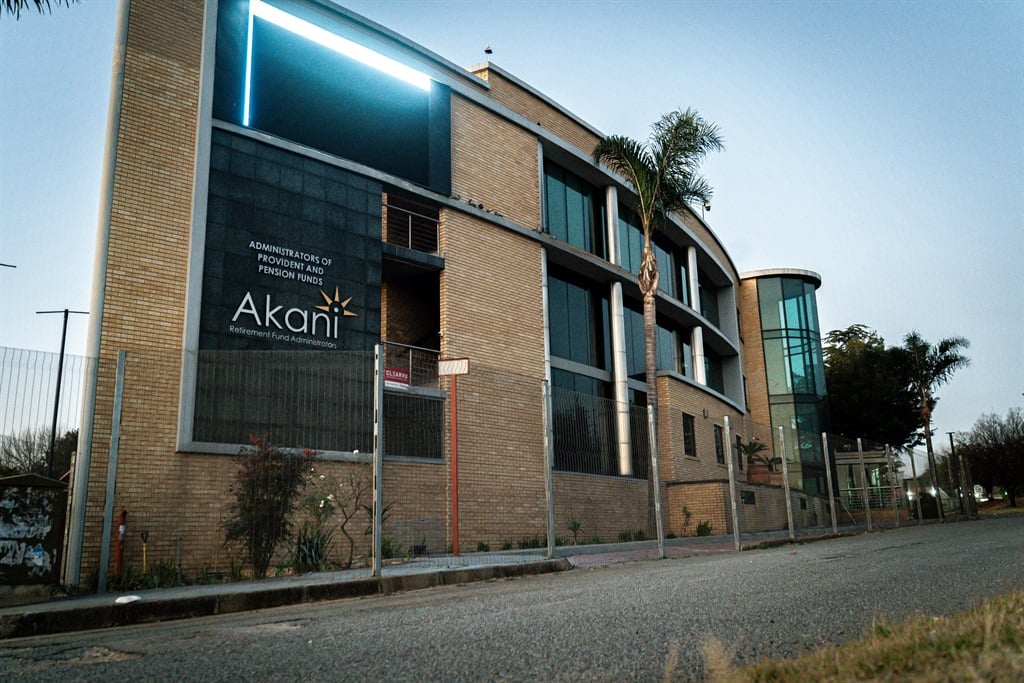
Silence Charumbira
THE 2021 Country Report on Human Rights Practices released yesterday by the United States (US) State Department paints a picture of entrenched police brutality and arbitrary killings of civilians by rogue officers in Lesotho.
The report notes that while several reports of killings of civilians by police officers were reported, the Police Complaints Authority (PCA), which is tasked with investigating allegations of police misconduct, was largely ineffective. This is because it can only investigate cases referred to it by the police commissioner.
The report notes that two police officers, Moeketsi Dlamini and Monaheng Musi, were tried and jailed for the 6 February 2017 murder of Lesotho Electricity Company (LEC) auditor, Thibello Nteso.
On 13 January 2021, the two officers were each sentenced to 20 years in jail for Mr Nteso’s murder by Justice Moreki Mokhesi.
However, such arrests and convictions were few and far between. Instead, most reports of brutality went uninvestigated by the PCA.
One of the killings highlighted by the report is that of Tšeliso Sekonyela, a security guard who was allegedly tortured to death in police custody in September 2021. Mr Sekonyela had been arrested on suspicion that he had stolen alcohol from a liquor store that he had been guarding.
“There were several reports of members of the Lesotho Mounted Police Service (LMPS) who committed arbitrary or unlawful killings,” the report states.
“The PCA investigates allegations of police misconduct and abuse. The PCA, however, was ineffective because it lacked authority to fulfill its mandate. It could only investigate cases referred to it by the police commissioner (Holomo Molibeli) or minister for police (Lepota Sekola) and could act on public complaints only with their approval. The PCA also lacked authority to refer cases directly to the prosecutor’s office. The PCA did not publish its findings or recommendations,” the report states.
It notes that while civilian authorities generally maintained effective control over the security forces, the police and the army still committed some human rights abuses.
“Significant human rights issues included credible reports of unlawful or arbitrary killings; torture and cases of cruel, inhuman, or degrading treatment or punishment; harsh and life-threatening prison conditions. There was lack of investigation of and accountability for gender-based violence, child, early and forced marriages, trafficking in persons; and the existence of laws criminalising consensual same-sex sexual conduct between adults, although these were not enforced.”
According to the report, pretrial detainees constituted 28 percent of the prison population in 2021.
“The average length of pretrial detention was 90 days, after which authorities usually released pretrial detainees on bail pending trial. Pretrial detention sometimes lasted for years due to judicial staffing shortages, unavailability of legal counsel, inadequate forensic capacity, or negligence…
“In 2019, former acting Chief Justice Maseforo Mahase visited the Maseru Prison and discovered pretrial detainees who had been imprisoned for up to eight years without charge. On 6 August 2021, (former acting) Chief Justice Sakoane Sakoane ordered prosecutors not to apply for the extended detention of defendants as that unjustifiably delayed trials.”
The report also highlights overcrowding in Lesotho Correctional Service (LCS) facilities in Maseru, Leribe and Berea due to high crime rates among the unemployed.
It notes that 119 of the 1598 inmates were released last year as part of measures to reduce potential Covid-19 infections. Another 100 inmates were released on special holidays.
While cases of physical abuse of inmates by officers were reported, inmates were often reluctant to file complaints “because prison authorities often failed to respond to them”.
“Inmate-on-inmate violence continued to be a problem. For example, the LCS reported the assault of an inmate at Leribe Prison by two gang members; one of the attackers was placed in solitary confinement and the other received a warning.
“Rape and consensual unprotected sex by prisoners contributed to a high rate of HIV and AIDS infections in prisons. In 2018, the Lesotho Times quoted Superintendent Limpho Lebitsa’s statement, ‘A lot happens behind bars and away from the eyes of prison officers’. The LCS reported one case during the year in which two inmates raped another inmate. It referred the case to police for investigation. The case remained under investigation at year’s end,” the report states.
On the subject of health in the prisons, the reports states that while all prisons had a nurse and a dispensary to attend to minor illnesses, healthcare was still inadequate. Prisons lacked medical units that operated 24 hours a day.
“As a result, guards confined sick prisoners to their cells from 3pm to 6am,” the reports states.
Although prisons provided potable water, sanitation was poor in the Mokhotlong, Berea, Quthing, and Qacha’s Nek prisons. Prisons generally lacked bedding, lighting, proper ventilation, heating and cooling systems, the report states.
No food shortages were reported although prison food quality remained poor, the report says.







